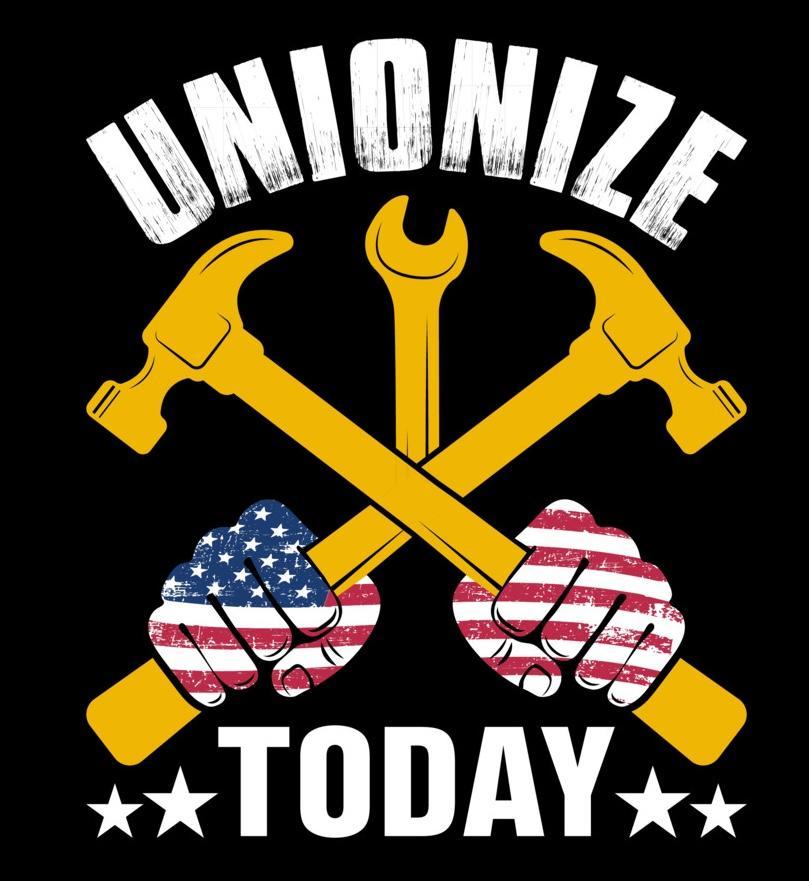The Public Service Freedom to Negotiate Act, legislation to guarantee the right of public sector employees to organize, act concertedly and bargain collectively in states that currently do not afford these basic protections, was introduced in Congress this week by Sen. Mazie K. Hirono of Hawaii and Rep. Matt Cartwright of Pennsylvania.
Specifically, the Public Service Freedom to Negotiate Act will provide the Federal Labor Relations Authority (FLRA) with the authority to determine whether a state, territory or locality provides public employees and supervisors the right:
- To form, join or assist a union to bargain collectively, and to engage in other concerted activities for the purpose of collective bargaining or other mutual aid (including the filing of joint, class or collective legal claims) or protection.
- To have their union recognized by their public employer if the union is freely chosen by a majority of employees, to bargain with the employer through the union, and to commit their collective bargaining agreement to writing.
- To be free from forced recertification elections of their already recognized representative and decertification of their chosen representative within one year of an election or the expiration of a valid collective bargaining agreement.
- To have a procedure for resolving impasses in collective bargaining culminating in binding arbitration.
- To authorize employers to deduct fees to the union from their payroll when employees consent.
“Private sector workers are guaranteed the right to organize under federal law; so too should public sector workers,” said Hirono. “The Public Service Freedom to Negotiate Act will help ensure every public employee has their voice heard in the workplace, protecting their rights to organize for fair wages, benefits and working conditions. I’m proud to lead this legislation to preserve and strengthen the right to unionize for public sector workers who teach our children, protect our safety and keep our communities moving forward.”
While all workers’ labor rights are under threat throughout the country, unlike private sector workers, there is currently no federal law protecting the freedom of public sector workers to join a union and collectively bargain for fair wages, benefits and improved working conditions. As of 2022, there were more than 19 million public workers across the United States.
“I will always fight to maintain collective bargaining rights for hardworking Americans, including my constituents in Northeastern Pennsylvania, where union rights are a time-honored tradition,” Cartwright said. “Strong public and private sector unions built the middle class in our country. With all of the progress workers of all stripes have made, now is not the time to turn back the clock on fair pay and workplace protections when struggling families need it the most.”
The FLRA approach gives states wide flexibility to write and administer their own labor laws, provided they meet this minimum standard. If a state substantially provides for the rights and procedures laid out in the bill, that state is unaffected by this bill. States that do not provide for these rights or only partially provide for these rights, however, will be compelled to meet these basic labor standards. The FLRA must issue regulations within one year of the bill becoming law, and it can enforce the law through federal court. The bill also creates a private right of action to enforce compliance in federal court but only if the FLRA has not yet filed suit seeking relief for the same issue.
Go here to learn more about S. 4363 and here to learn more about H. R. 8426.

